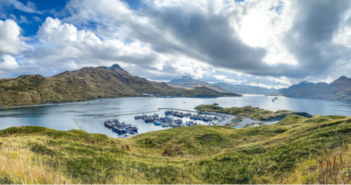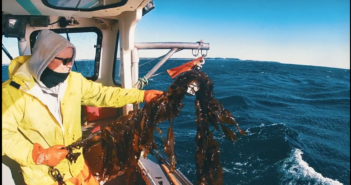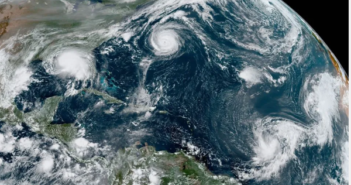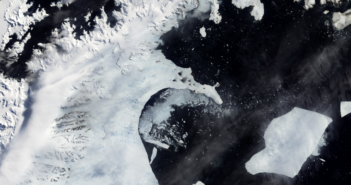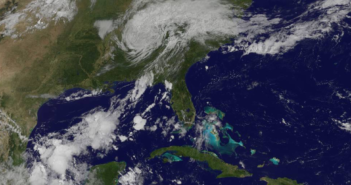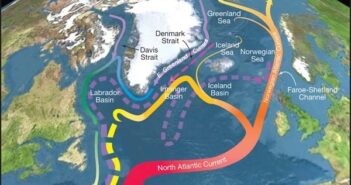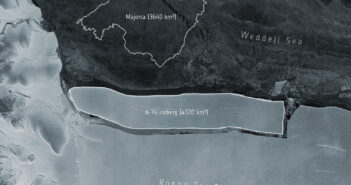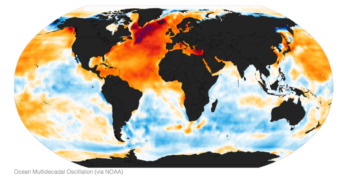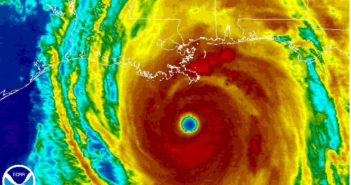
Oceans Warmer Than Ever Before: Report
Last year was the warmest ever for the world’s oceans, according to a new study by scientists from 16 institutes around the world. It actually was the fourth year in a row to set records for high ocean temperatures. To make matters worse, the speed at which oceans are getting warmer is faster and faster, raising concerns about more powerful storms in the near future, as well as melting ice sheets in Greenland and Antarctica and rising sea levels around the world. The new study was published last week in the journal Advances in Atmospheric Sciences. It examined the temperature…

